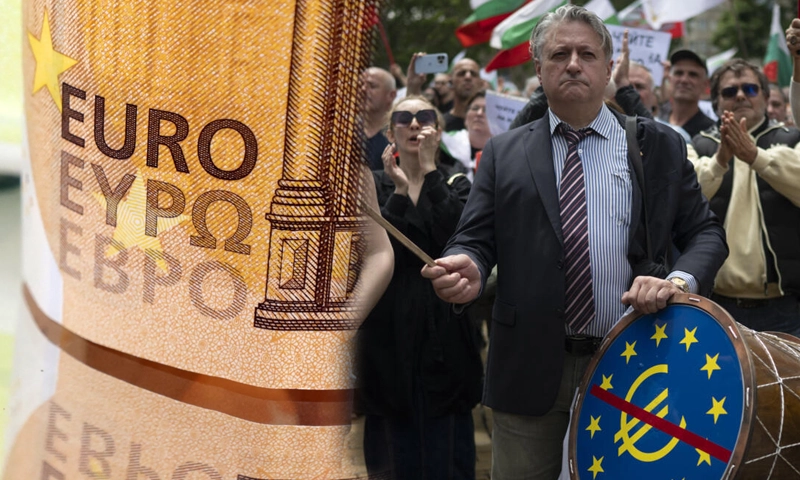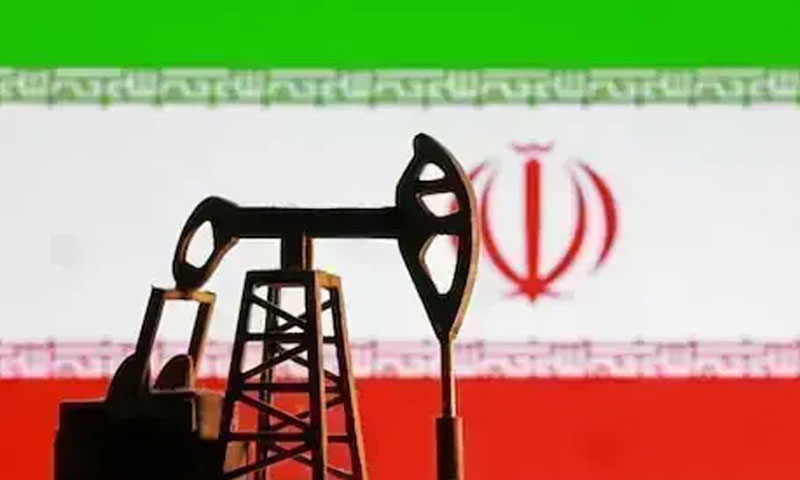- Web
- Yesterday
EU gives Bulgaria green light to adopt euro in 2026
-

- AFP
- Jun 04, 2025

SOFIA: Bulgaria on Wednesday won the European Commission’s approval to become the eurozone’s 21st member as of next year. The country still needs the backing of the bloc’s finance ministers, but they are expected to do so in July.
Bulgarian Prime Minister Rossen Jeliazkov said the EU’s green light on Wednesday for the Balkan country to adopt the euro next year confirmed its progress.
“A remarkable day. Another step forward on Bulgaria’s path to the euro … This follows years of reforms, commitment and alignment with our European partners,” he said in a post on X.
The push has, however, sparked a backlash from many Bulgarians, with protests and recent surveys showing nearly half of those questioned opposed adopting the euro — fearing painful economic consequences.
“If Bulgaria joins the eurozone, it will be like boarding the Titanic,” Nikolai Ivanov, a retired senior official, told AFP at a recent protest calling for the country’s currency – the lev – to be maintained.
Bulgaria has had a rocky road to joining the eurozone: the nation has been plagued by political turmoil with seven elections in three years – the last in October 2024.
Oil dips amid rising OPEC+ supply and tariff worries
The approval by the EU’s executive body comes 18 years after Bulgaria joined the bloc.
“Congratulations, Bulgaria!” commission president Ursula von der Leyen said.
“Thanks to the euro, Bulgaria’s economy will become stronger, with more trade with euro area partners, foreign direct investment, access to finance, quality jobs and real incomes,” she said in a statement.
With a population of 6.4 million, Bulgaria is the poorest nation in the bloc but has spent several years preparing its economy to join the eurozone.
Bulgaria still needs the approval of the EU’s finance ministers, who are expected to give their full backing in July, before it formally adopts the euro.
“Today’s report is a historic moment for Bulgaria, the euro area and the European Union,” said EU economy chief Valdis Dombrovskis.
“Of course, the euro is more than a currency. Following on from Bulgaria becoming a full member of the Schengen area earlier this year, it brings Bulgaria ever closer to the heart of Europe,” he added.
Unsuccessful past attempts
When the first euro bank notes and coins were rolled out in January 1, 2002, only 12 countries were part of the single-currency area including France, Germany, Ireland, Italy and Spain.
It gradually grew to 20 with Slovenia joining in 2007, Cyprus and Malta in 2008, Slovakia in 2009, Estonia in 2011, Latvia in 2014 then Lithuania in 2015.
Croatia was the most recent country to join in 2023.
Bulgaria wanted to adopt the currency sooner but in the past few years Brussels has concluded its inflation was too high to meet the necessary requirements.
To join the single currency area, member states must show that their economy has converged with other eurozone countries and that they have a handle on their finances.
For example, they must demonstrate inflation is not out of control and is no more than 1.5 percentage points above the rate of the three best-performing EU countries.
Last year, Bulgaria fulfilled every criteria to join except on inflation.
The average inflation rate in Bulgaria during the 12 months to April 2025 was 2.7 percent, just below the reference value.




